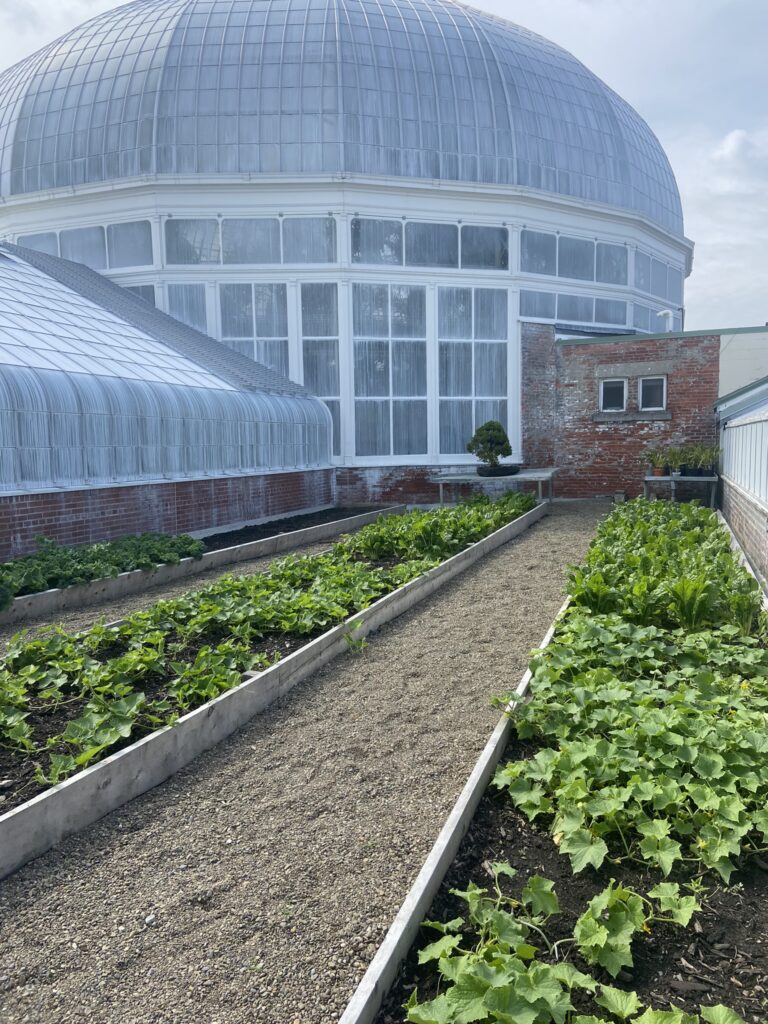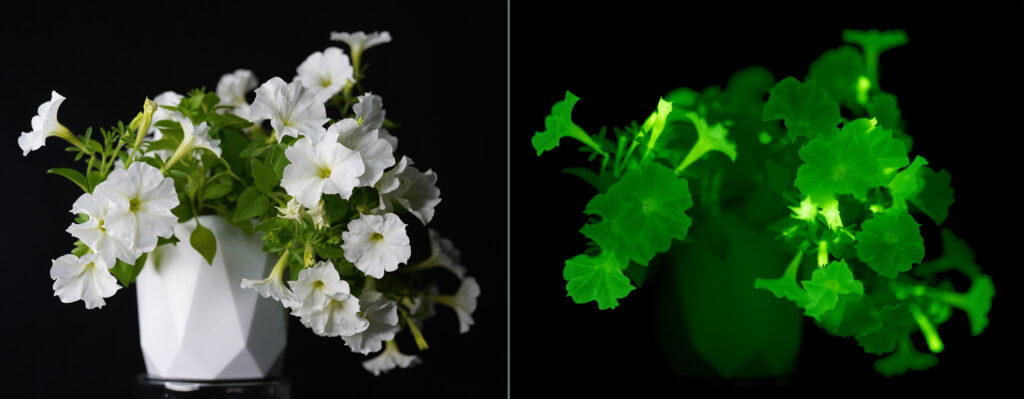
NEW DECKING OPTIONS FOR THE SUMMER
Every garden is enhanced by a beautiful deck to relax on while you admire all your hard work. A new decking option to try is Pioneer Mill Works sustainable decking in the shade of Accoya. This decking is all-natural exterior wood that comes pretreated and ready to install. Accoya can withstand the harshest climates without any refinishing and includes a twenty-five-year warranty.
Pioneer Mill Works decking boards are immersed in a natural grey dye that penetrates the wood to the core, eliminating the need for any additional stains or finishes throughout its lifecycle. As these decking boards are made with acetylated pine, they are rot and moisture-resistant. The desking is also temperature resistant, staying cool to the touch even in direct sunlight, so it’s barefoot-friendly for those hot summer days when you can’t bother to put on socks. No need to worry about splinters, either, as the boards are dimensionally stable with a low propensity to splinter or warp. pioneermillworks.com
BOTANICAL GARDENS AWARD RECIPIENT
The Buffalo and Erie County Botanical Gardens and Ithaca Children’s Garden won the Urban Agriculture Resilience Program Award (UARP) 2024 public garden partnership award. This award was funded by the United States Botanic Garden (USBG) and American Public Gardens Association, with the goal of promoting partnership and collaboration within garden communities to encourage urban agriculture programs and build up public engagement and education in urban food growing.
Buffalo is experiencing record food inflation and 30% of Buffalo’s population faces food insecurity. It was because of the Botanical Gardens’ generous donors, that the garden was able to double its space to include the Farm Garden and collaborate with Gerard Place’s Community Kitchen to aid those suffering from food insecurity. These local gardens were just two of the twenty-six recipients to receive funding from the prize money totaling $445,600.
UARP’s program has awarded $1.57 million to eighty collaborations within thirty states over the past four years. The programs formed from these collaborations have blossomed and shared over 690,000 pounds of produce, distributed more than 260,000 seedlings, and provided more than 46,000 hours of urban agriculture training to students, interns, and trainees.
“The collaborations supported through this year’s Urban Agriculture Resilience Program demonstrate many creative ways that urban agriculture can connect people and plants through food,” says Dr. Susan Pell, USBG executive director. “We are thrilled to embark on a fifth year of supporting such vital urban food-growing programs across the country and to expand the existing Urban Agriculture Resilience Program community with these twenty-six new projects.”

BERGEN WATER GARDENS NEW ORCHID SHOWROOM
Twenty-five years after its original creation, Bergen Water Gardens has just reopened its much-anticipated orchid showroom. This remodeling will allow visitors to have better access to the orchids for selection. Available orchids come from Florida, Hawaii, Thailand, Taiwan, and areas in South America. Though Bergen Water Gardens tends to focus on vandaceous orchids, it also offers cattleyas, bulbophyllums, dendrobiums, oncidiums, tolumnias, and various leafless orchids. The main growing house, greenhouse #6, is still open for exploring. bergenwatergardens.com
GLOWING PLANTS: MEET THE FIREFLY PETUNIA
Since the 1980s, the chief executive and cofounder of Light Bio, Keith Wood, has been working on creating bioluminescent plants. Early attempts at adding the luciferase gene (the same gene that causes fireflies to grow) were undertaken as a way to understand gene expression. The resultant bioluminescent plants gave off a low glow that needed to be maintained with special food to sustain the light.
Wood continued to experiment with light-emitting plants. He and a team of twenty-six scientists spread across nine different organizations discovered a better approach to the bioluminescent plant—they utilized a group of genes from the bioluminescent mushroom Neonothopanus nambi. The result was a petunia that glows not only brighter but stays consistently lit. The mesmerizing Firefly Petunia is now available for spring gardens. Right now these plants are only available online, but some nurseries in Idaho may start stocking them this summer. light.bio
Views: 2




